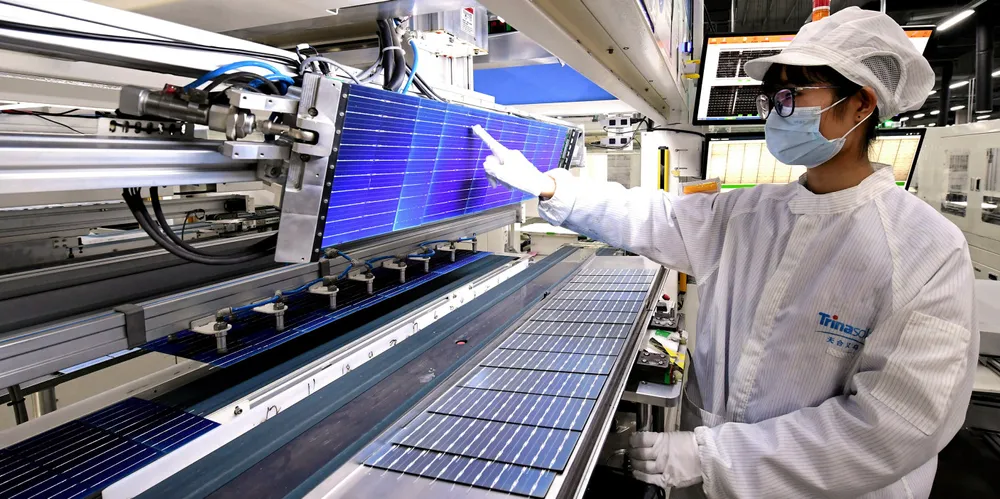'Billion of dollars of capital' could be stranded by US trade action against Chinese solar giants
New tariffs set to be imposed by Department of Commerce could constrain availability and 'chill' development of sector if confirmed, American clean energy groups claim
